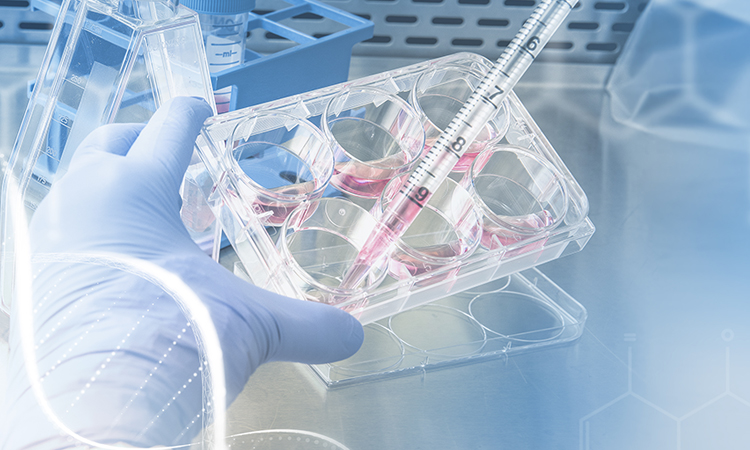Artificial intelligence (AI) approaches to male infertility in IVF: a mapping review
https://doi.org/10.1186/s40001-025-02479-6
Abstract
Background Male infertility contributes to 20–30% of infertility cases, yet traditional diagnostic and treatment methods face limitations in accuracy and consistency. Artificial intelligence (AI) promises to transform male infertility management within in vitro fertilization (IVF) by enhancing precision and efficiency.
Objective
This study aims to map current AI applications in male infertility, evaluate their performance in IVF contexts, identify gaps in research, and propose strategies for clinical adoption.
Methods
We conducted a mapping review of 14 studies, sourced from PubMed, Scopus, IEEE, and Web of Science up to 2024. Using PRISMA guidelines, we systematically searched titles and abstracts with keywords like "IVF," "AI," and "sperm analysis." Two authors independently screened records, extracted data on AI techniques, sample sizes, and outcomes, and categorized applications through content analysis, resolving discrepancies via consensus.
Results
AI employs tools like support vector machines (SVM), multi-layer perceptrons (MLP), and deep neural networks across six key areas. These include sperm morphology (e.g., SVM with AUC 88.59% on 1400 sperm), motility (e.g., SVM with 89.9% accuracy on 2817 sperm), and non-obstructive azoospermia (NOA) sperm retrieval (e.g., gradient boosting trees [GBT] with AUC 0.807 and 91% sensitivity on 119 patients). AI also predicts IVF success (e.g., random forests with AUC 84.23% on 486 patients) and assesses sperm DNA fragmentation. Research surged since 2021, with 8 of 14 studies (57%) published between 2021 and 2023, reflecting growing interest.
Conclusions
AI enhances diagnostic accuracy and treatment outcomes in male infertility. Future steps include multicenter validation trials, AI-driven sperm selection for IVF/ICSI, and standardized methods to ensure clinical reliability. Addressing ethical concerns like data privacy will further enable AI to improve IVF success globally.


